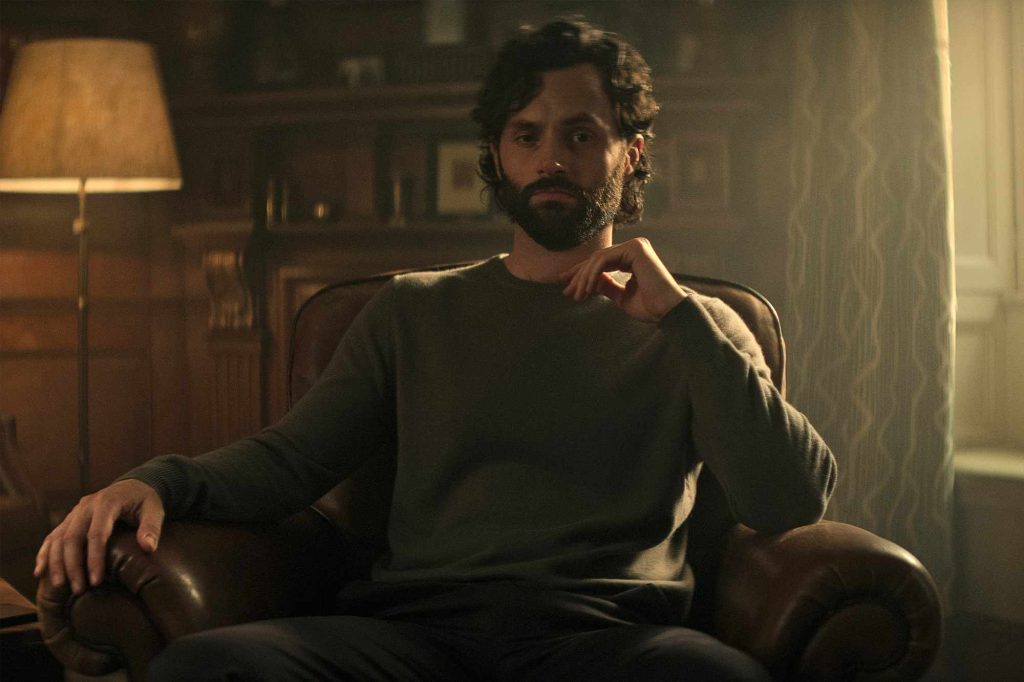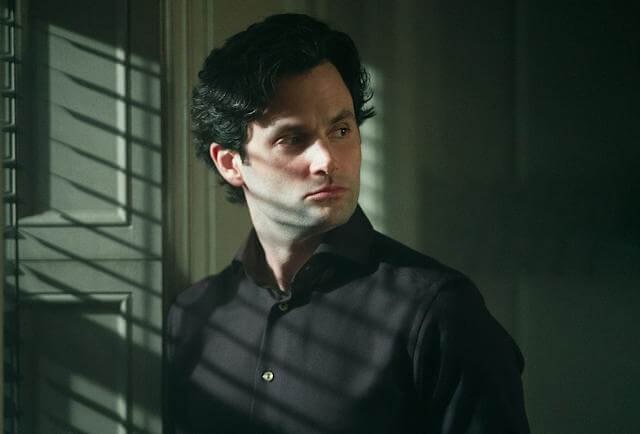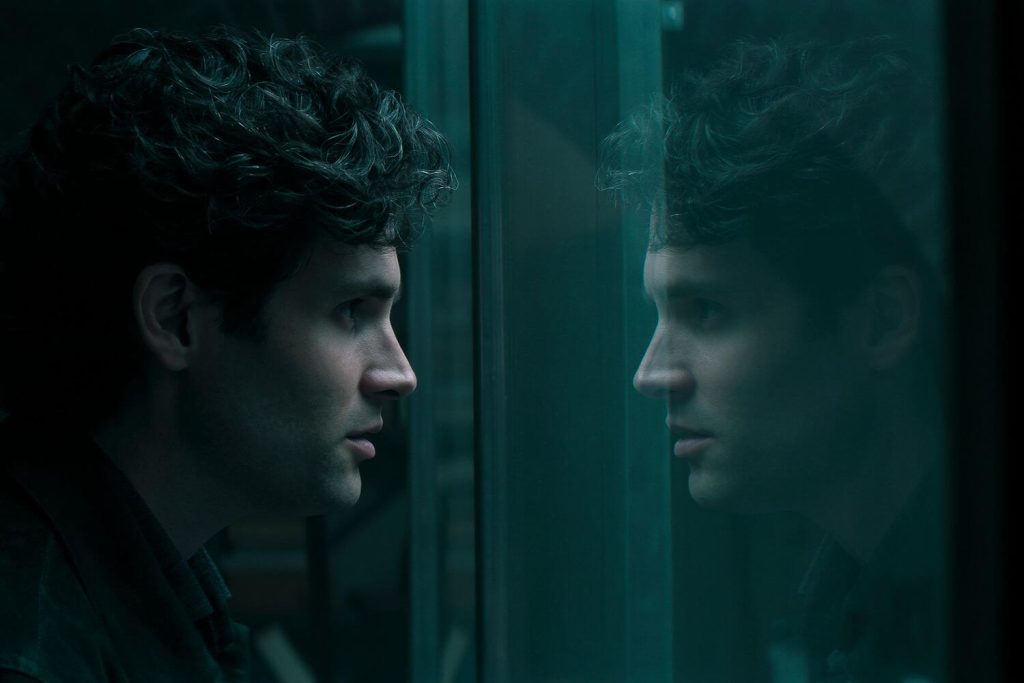World News
The Final Shot: Why “You” Ended Joe Goldberg’s Journey Exactly Where It Needed To
The End of the Road for Joe Goldberg
After five seasons of psychological twists, moral decay, and chilling introspection, Netflix’s You has finally brought the saga of Joe Goldberg to a close. Played with disturbing charisma by Penn Badgley, Joe’s journey from bookshop romantic to globe-trotting serial manipulator captivated and unnerved millions. The final season not only marked the end of Joe’s narrative arc, but it also closed a significant chapter in modern television storytelling.
But beyond the plot twists and chilling confrontations, the final moments of the series carried profound symbolic weight. The showrunners of You, Sera Gamble and Greg Berlanti, explained that the way they shot Joe’s final scene was deeply intentional. It wasn’t just a logistical choice—it was a creative and philosophical statement about who Joe is, what he has become, and why his ending needed to look the way it did.

Choosing the Scene: Returning to the Beginning
For many viewers, one of the most satisfying elements of the finale was its visual symmetry—it subtly returned Joe to where it all began. While the character had traveled from New York to Los Angeles, and even to London, the final shot didn’t just ground him in a new place—it reflected the essence of who he had always been. The showrunners wanted to communicate that no matter how far Joe ran, he could never escape his inner demons.
The decision to center Joe’s final moments around a familiar setting, framed with deliberate lighting and camera angles, was more than an aesthetic call. It symbolized the cyclical nature of his story. His journey wasn’t linear—it was a spiral, slowly collapsing inward until the only place left was the beginning, reinvented. Shooting this way allowed fans to emotionally and visually connect the end of his arc to its origin, creating a haunting sense of inevitability.
The Power of Visual Language and Isolation
Gamble and Berlanti emphasized that Joe’s story has always been about the illusions he creates—not just for others, but for himself. As such, the final scene had to visually strip away those illusions. It had to be stark, honest, and devoid of fantasy. The cinematography leaned into this emotional exposure, using shadows and empty space to amplify Joe’s isolation.
Throughout the series, Joe often imagined himself as the hero—even as he did horrifying things. The final scenes disrupt that illusion. There are no more voiceovers, no poetic rationalizations—just the man and his consequences. By choosing to shoot Joe’s final chapter in a deliberately exposed and unromanticized setting, the creators allowed the audience to view him not as a tragic antihero, but as the product of unchecked narcissism and delusion.

Fitting Farewell: Honoring Fans and Thematic Closure
In interviews, the showrunners admitted that the way they ended Joe’s story was not about delivering a twist for the sake of surprise. Instead, it was about honoring the story they had spent years crafting. You began as a commentary on the dangers of romanticizing flawed men, and it was only right that it ended by deconstructing the myth of Joe Goldberg.
Fans who had followed Joe’s journey from season one were rewarded with callbacks, thematic resolutions, and a sense of poetic justice. The final shot, in all its eerie stillness, forced viewers to sit with the implications of Joe’s journey. It didn’t glamorize his actions—it quietly condemned them. For a show that walked the tightrope between thriller and satire, this ending was both fitting and fearless.
What Comes Next: Legacy and Lessons of “You”
With Joe Goldberg’s story concluded, the creators now shift their attention to the legacy of You. In a landscape crowded with antiheroes, You stood out for its willingness to interrogate the trope instead of indulging it. The final scene encapsulates that ethos—it wasn’t meant to satisfy Joe, but to expose him. And in doing so, it satisfied the story.
Looking ahead, You may not return for more seasons, but its cultural footprint is undeniable. It challenged audiences to look beyond charm and question the narratives we’re often sold about love, control, and redemption. And thanks to the care taken in crafting Joe’s final moments, the show leaves behind a resonant final impression: even the most compelling character arcs must reckon with accountability.
From dragontrendtees


